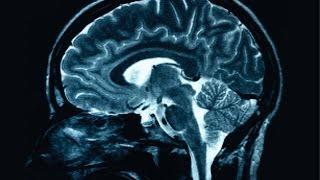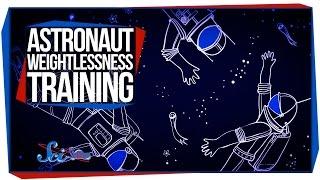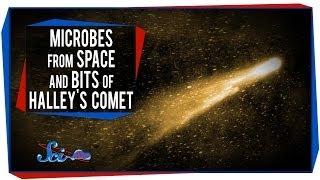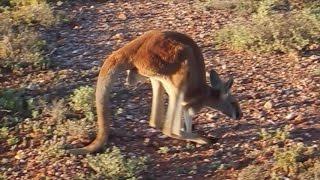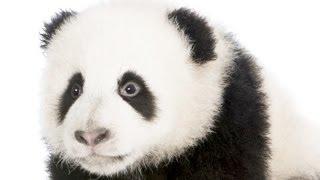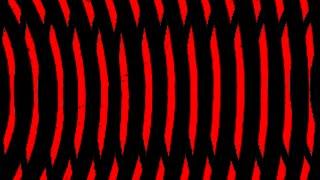Time Travel, Teleportation & Science
Time travel is the concept of moving between different points in time in a manner analogous to moving between different points in space, generally using a theoretical invention, namely a time machine. It has a commonly recognized place in philosophy and fiction, but has a very limited application in real world physics, such as in quantum mechanics or wormholes.
Although the 1895 novel The Time Machine by H. G. Wells was instrumental in moving the concept of time travel to the forefront of the public imagination, The Clock That Went Backward by Edward Page Mitchell was published in 1881 and involves a clock that allowed three men to travel backwards in time.[1][2] Non-technological forms of time travel had appeared in a number of earlier stories such as Charles Dickens' A Christmas Carol. Historically, the concept dates back to the early mythologies of Hinduism (such as the Mahabharata), Buddhism, and Islam through ancient folk tales. More recently, with advancing technology and a greater scientific understanding of the universe, the plausibility of time travel has been explored in greater detail by science fiction writers, philosophers, and physicists.
Teleportation, or Teletransportation, is the theoretical transfer of matter or energy from one point to another without traversing the physical space between them. It has a commonly recognized place in science fiction literature, film, and television, but as yet has a very limited application in real world physics, such as quantum teleportation or the study of wormholes.
Science (from Latin scientia, meaning "knowledge") is a systematic enterprise that builds and organizes knowledge in the form of testable explanations and predictions about the universe. In an older and closely related meaning, "science" also refers to a body of knowledge itself, of the type that can be rationally explained and reliably applied. A practitioner of science is known as a scientist.
In modern usage, "science" most often refers to a way of pursuing knowledge, not only the knowledge itself. It is also often restricted to those branches of study that seek to explain the phenomena of the material universe.
Source : Wikipedia
-
06:07
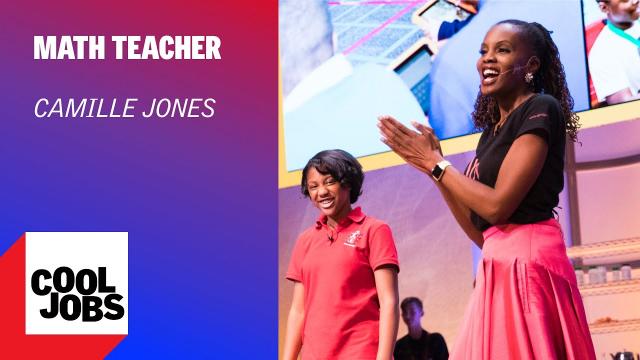
Cool Jobs: Mathesteem Booster
Added 423 Views / 0 LikesThe pythagorean theorem is easy to comprehend and remember in Math teacher Camille Jones's class when you learn through song and dance. Science teachers prepare tomorrow's pioneering scientists.#paemst winner (Presidential Awards for Excellence in Mathema
-
06:19
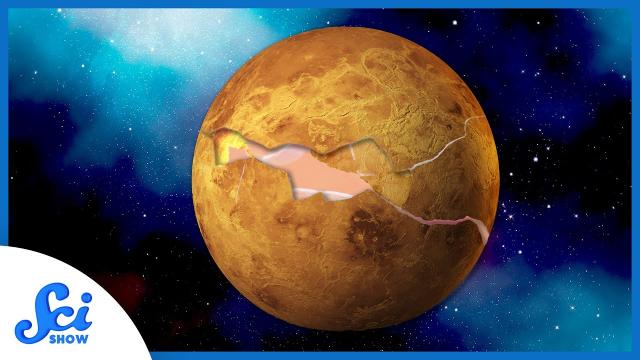
On Venus, You're Walking on Eggshells | SciShow News
Added 250 Views / 0 LikesEarth's thick crust might one of the reasons our planet can support life. But scientists are looking for something a little more brittle.Hosted By: Hank GreenSciShow is on TikTok! Check us out at https://www.tiktok.com/@scishow----------Support SciShow Sp
-
03:36
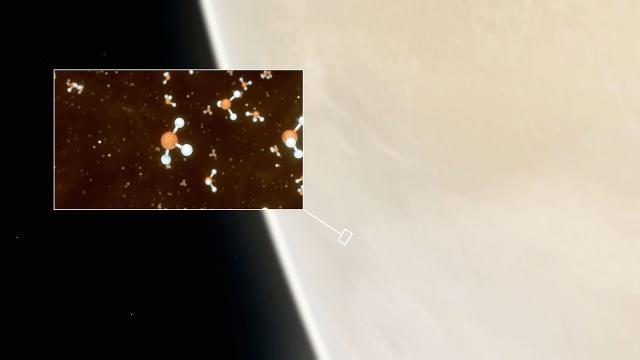
Possible signs of life on Venus
Added 392 Views / 0 LikesScientists at MIT, Cardiff University, and elsewhere have observed what may be signs of life in the clouds of Earth's planetary neighbor, Venus. (Learn more: http://news.mit.edu/2020/life-venus-phosphine-0914)Watch more videos from MIT: http://www.youtube
-
04:13
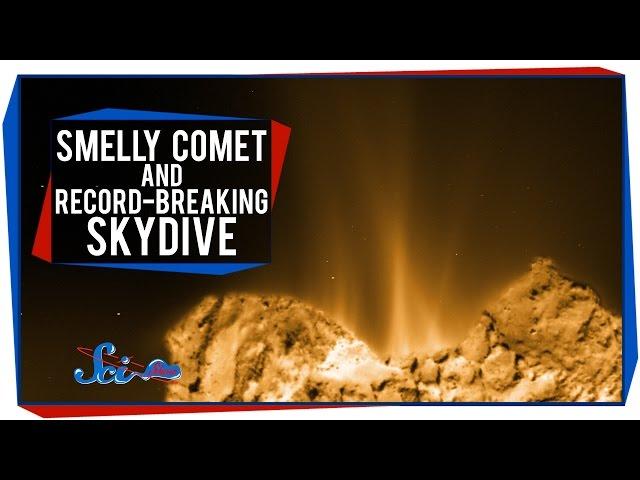
A Smelly Comet and a Record-Breaking Skydive
Added 731 Views / 0 LikesA Smelly Comet and a Record-Breaking Skydive
-
06:31
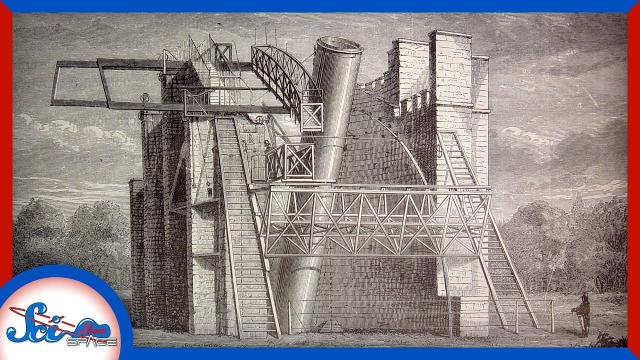
The Leviathan of Parsonstown
Added 253 Views / 0 LikesIn the 1800s, William Parsons built a telescope larger than any in the world: The Leviathan of Parsonstown. This landmark in science history helped solve the mystery of just what a nebula could be.Hosted by: Hank GreenSciShow has a spinoff podcast! It's c
-
07:01

Sci-Fi Science: Physics of the Impossible Season 2 Episode 11 Part 2 Holodeck
Added 946 Views / 0 LikesSci-Fi Science: Physics of the Impossible Season 2 Episode 11 Part 2 Holodeck
-
1:47:32
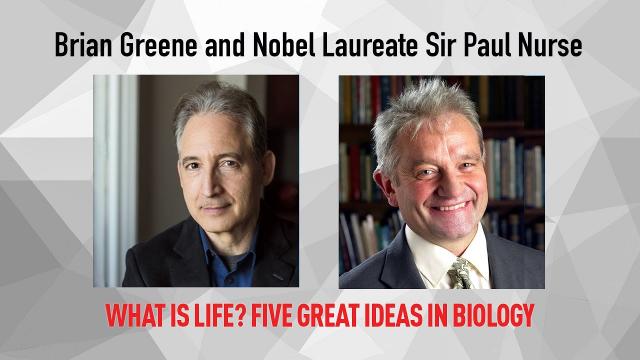
What is Life? Five Great Ideas in Biology. | A Conversation with Nobel Laureate Sir Paul Nurse
Added 341 Views / 0 LikesNobel Laureate Sir Paul Nurse joins Brian Greene for a conversation about the fundamental ideas in biology explored in his new book, What Is Life? Five Great Ideas in Biology.Additional programs featuring Sir Paul Nurse:Science in a Polarized World. A Glo
-
05:56
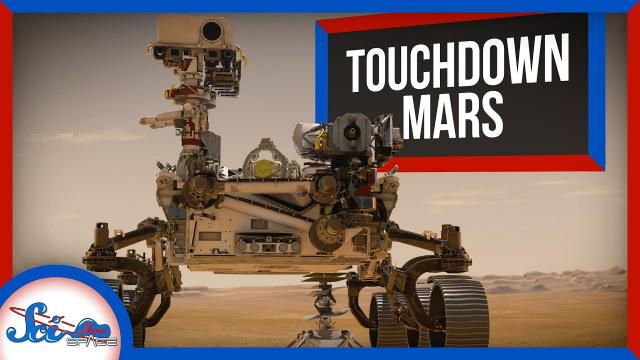
Perseverance Landed on Mars! Now What? | SciShow News
Added 412 Views / 0 LikesNASA’s Mars 2020 mission has successfully landed on Mars! But it's not alone! This week we discuss not one but three amazing missions to Mars.Martian Wind Audiohttps://www.nasa.gov/press-release/nasa-s-mars-perseverance-rover-provides-front-row-seat-to-la
-
23:01
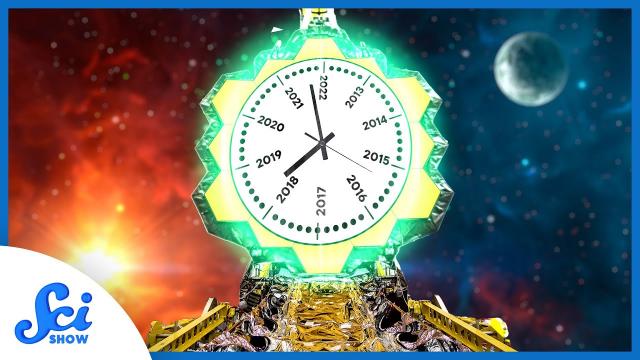
Why It Took a Decade to Launch Webb | Compilation
Added 167 Views / 0 LikesThe James Webb Space Telescope has launched! But it was a very long road to get to this point, and we’ve been following the progress for a decade!Hosted By: Hank GreenSciShow is on TikTok! Check us out at https://www.tiktok.com/@scishow----------Support S
-
06:34
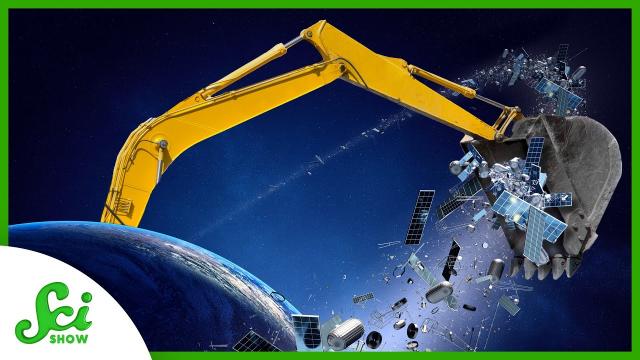
How to Clean Up After Ourselves in Space
Added 194 Views / 0 LikesThis episode is sponsored by Wren, a website where you calculate your carbon footprint. Sign up to make a monthly contribution to offset your carbon footprint or support rainforest protection projects: https://www.wren.co/start/scishowspaceWe've launched
-
01:00
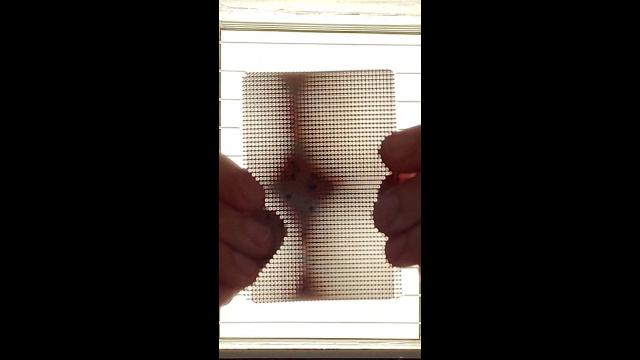
Moiré Illusion Cards #shorts
Added 254 Views / 0 LikesJOIN NOW BEFORE OUT SUMMER BOX SELLS OUT! https://www.curiositybox.com/#shorts
-
05:22
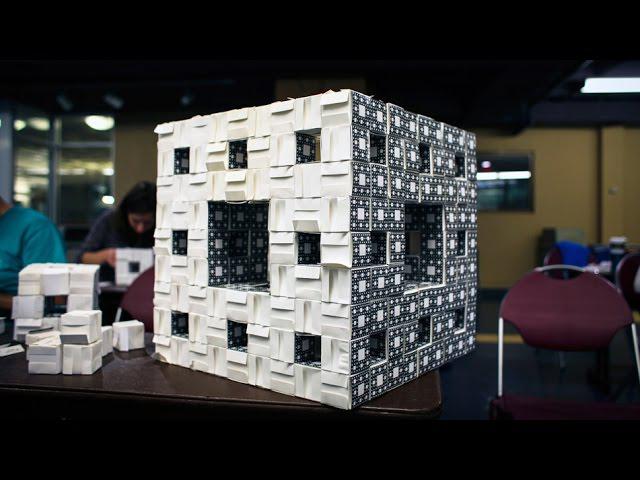
Mega Menger: Building a Menger Sponge at MIT
Added 616 Views / 0 LikesMega Menger: Building a Menger Sponge at MIT
-
14:11
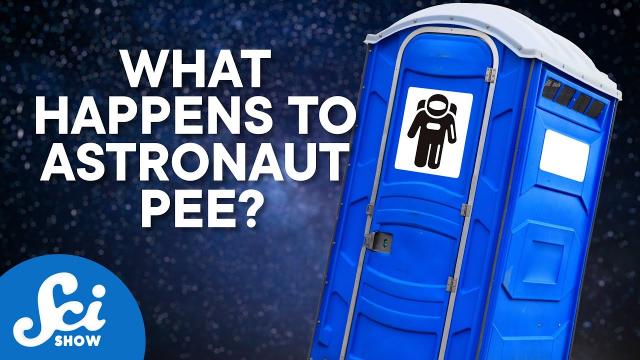
Reducing Space Waste Before, During, and After Missions
Added 238 Views / 0 LikesRight now, discarded parts from old spacecraft, bags of pee, and dead probes are just floating around in space, but it doesn’t have to be like that. Let's take a look at some of the ways we've figured out to reduce, reuse, and recycle in space.Hosted by:

